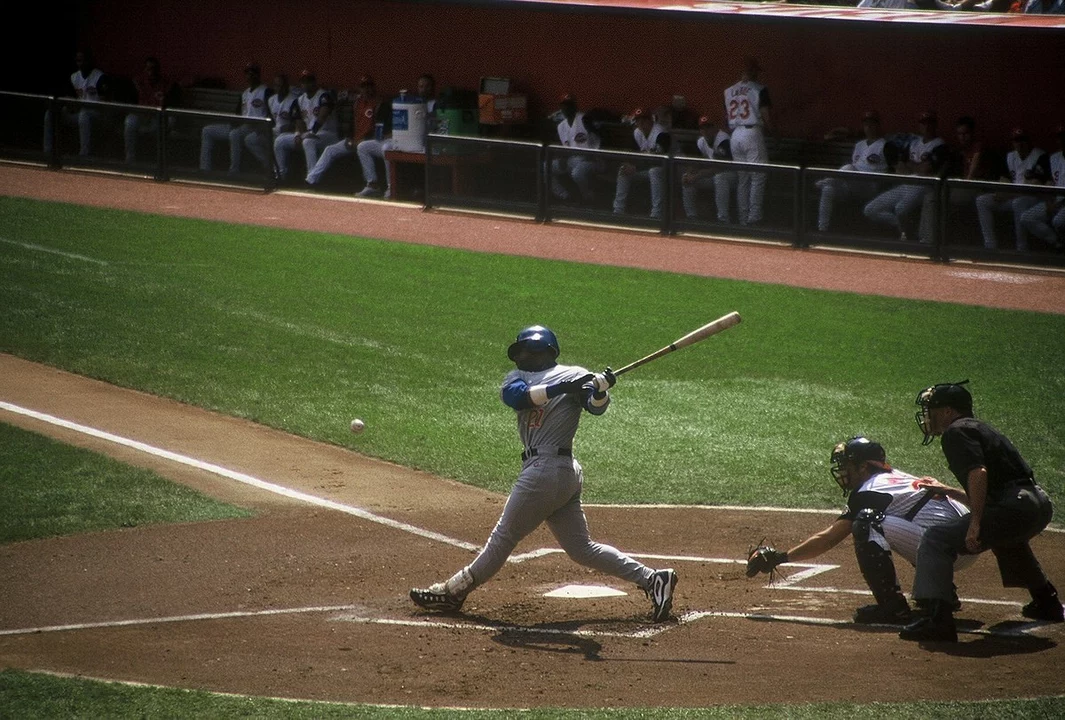Understanding the Ground Rules of Baseball
Before diving into the main question of whether a ball touching the wall in baseball is considered a home run, it's essential to have a clear understanding of the ground rules of the game. Ground rules are specific to each ballpark and can differ from one stadium to another. They are established to help players, umpires, and fans determine what happens when certain situations arise. For instance, ground rules dictate what happens when a ball bounces over the fence or gets stuck in the ivy at Wrigley Field.
In this section, we'll take a closer look at the general ground rules of baseball and how they affect the game. We'll also discuss how these rules come into play when determining if a ball touching the wall is considered a home run or not.
The Role of the Outfield Wall
The outfield wall plays a crucial role in baseball as it separates the field from the stands and serves as a boundary marker for home runs. The wall's height and distance from home plate vary in different stadiums, making each park unique. When a baseball is hit and travels over the outfield wall without touching the ground or any part of the wall, it is considered a home run. However, if the ball touches the wall before going over, things can get a bit more complicated.
In this section, I will discuss the importance of the outfield wall and its role in determining if a ball is a home run or not. We will also explore some famous instances where the outfield wall has played a significant part in deciding the outcome of a game.
When a Ball Touches the Wall: The Ground Rule Double
Now that we've covered the basics let's get down to the main question: If the ball touches the wall in baseball, is it a home run? The simple answer is no. If a ball touches the wall and remains in play, it is not considered a home run. Instead, it is usually ruled a "ground rule double." A ground rule double occurs when a fair ball bounces in the field of play and then goes out of play by touching the wall, bouncing over the fence or into the stands, or getting lodged in some part of the ballpark.
In this section, we'll explore the concept of the ground rule double and how it affects the game. We'll also discuss some famous examples of ground rule doubles and their impact on baseball history.
Exceptions and Controversial Calls
While the general rule is that a ball touching the wall is not a home run, there are some exceptions and controversial calls that have occurred throughout baseball history. For example, a ball that hits the top of the wall and then bounces over is considered a home run. Additionally, some stadiums have specific rules that apply to their unique features, like Fenway Park's infamous Green Monster.
In this section, we'll delve into some of the most notable exceptions and controversial calls involving the outfield wall. We'll examine the circumstances surrounding these events and how they have shaped the game's history and its rules.
Know Your Ballpark's Rules
As a baseball fan or player, it's important to be familiar with the ground rules of the ballpark you're in. Each stadium has its own set of unique features and rules that can impact the game. Knowing these rules can help you better understand the game and anticipate what might happen when a ball is hit towards the wall.
In this final section, we'll discuss the importance of knowing your ballpark's rules and how they can affect the outcome of a game. We'll also provide some tips on how to familiarize yourself with these rules and better enjoy the sport of baseball.
